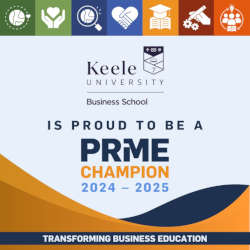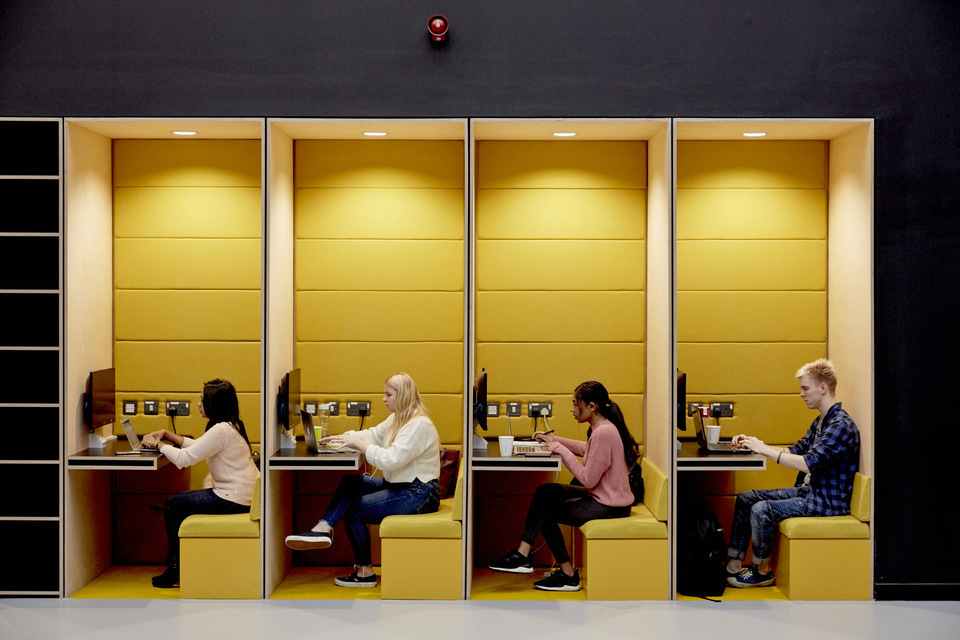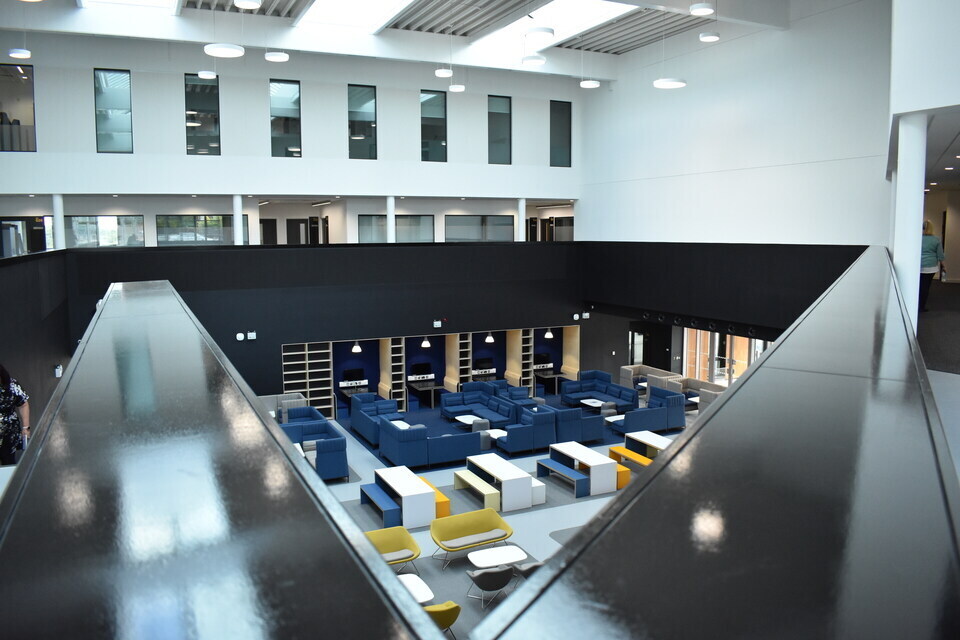International Business - MSc
Whether it's understanding diverse cultures, global trade or international market dynamics, mastering the business skills needed to lead and innovate on a global scale is essential. International Business at Keele provides a pathway to enhance your understanding of how rapid globalisation has interconnected national economies and facilitated market integration. You’ll develop core knowledge in areas including global business strategy, operations and leadership, along with integrated opportunities to gain practical experience engaging with businesses on real-world projects.
Month of entry
- September, January
Mode of study
- Full time
Fees for 2025/26 academic year
- UK - Full time £12,700 per year.
International - £17,700 per year.
Duration of study
- 1 year
Why study International Business at Keele University?
Postgraduate Study with Keele Business School
Keele Business School's range of postgraduate programmes aim to help you accelerate your career in business. Our authentic business school approach will help develop you in to one of the business leaders of tomorrow.

"The course provided a good grounding in a range of business studies subjects: a critical approach to studying management and the study of pragmatic subjects, such as accounting and operations management. The course also introduced cross-cultural issues pertaining to working in modern business which I found particularly fascinating."
PRME Champions
Keele Business School (KBS) has been selected for the 2024-2025 cohort of PRME Champions. Consisting of 47 businesses and management schools from around the world, The Principles for Responsible Management Education (PRME) is an initiative of the United Nations Global Compact, focused on raising the bar for sustainable business education. More information about PRME Champions can be found here.

Co-located with businesses
As a Keele Business School student, you will study alongside innovative companies that are based in the Business School building, a hub for fostering networks and linking with industry.
Keele Business School is located at the heart of the Keele University Science & Innovation Park, one of the leading developments of its kind in the UK. The Park offers companies a business environment that provides an innovative research culture, combined with academic expertise and the University’s specialist resources, with a variety of opportunities for students to get involved, from internships, knowledge exchange partnerships, and student enterprise initiatives.

Keele Postgraduate Association
Keele University is one of a handful of universities in the UK to have a dedicated students' union for postgraduate students. A fully registered charity, Keele Postgraduate Association serves as a focal point for the social life and welfare needs of all postgraduate students during their time at Keele.

Hugely popular, the KPA Clubhouse (near Horwood Hall) provides a dedicated postgraduate social space and bar on campus, where you can grab a bite to eat and drink, sit quietly and read a book, or switch off from academic life at one of the many regular events organised throughout the year. The KPA also helps to host a variety of conferences, as well as other academic and career sessions, to give you and your fellow postgraduates the opportunities to come together to discuss your research, and develop your skills and networks.





